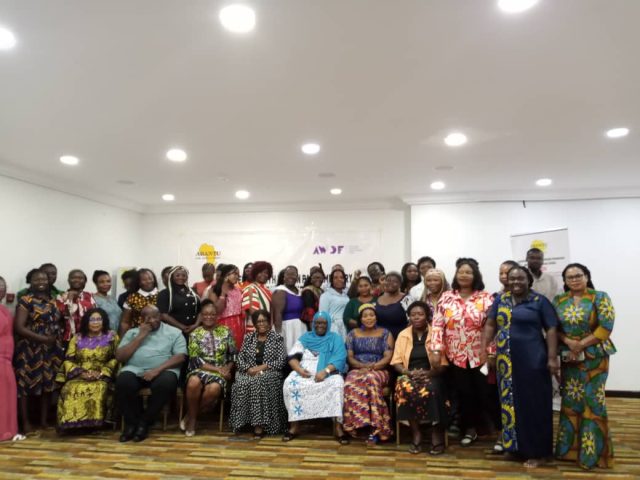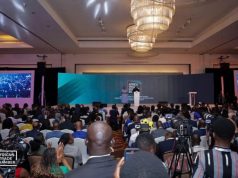Madam Bridget Dzogbenuku, the former flag bearer of the Progressive People’s Party (PPP) in Ghana’s 2020 general elections, has urged women in leadership and those aspiring for political power to build stronger connections with women in their communities through mobilization to secure their support.
Acknowledging that women candidates often struggle to gain backing from other women, Dzogbenuku emphasized that forming genuine bonds with them can inspire their confidence to vote in favor.
She made these remarks at a stakeholder engagement organized by the women’s advocacy group ABANTU for Development in collaboration with the African Women’s Development Fund in Accra.
Dzogbenuku also voiced concern over women’s low representation in political leadership and called for establishing a women’s political movement to bolster their political participation and amplify their influence in decision-making. “Empowering women means building stronger relationships with fellow women,” she noted.
She highlighted that women are often vulnerable to issues that marginalize them and other disadvantaged groups in society.
She encouraged women to use these challenges as motivation to develop bold ideas and take decisive action. Furthermore, she urged women to make themselves available for leadership roles, emphasizing that their value might go unrecognized until they step forward.
Meanwhile, Ms. Hamida Harrison, Resource Mobilization and Sustainability Manager at ABANTU for Development raised questions about the legitimacy of Ghana’s democracy, citing its failure to ensure adequate female representation in parliament and decision-making.
She noted that the Affirmative Action Law mandates at least 30% female representation in parliament and all sectors, but gender equality in Ghanaian politics remains highly problematic.
Harrison expressed disappointment that Ghana’s 8th Parliament had only 14% female representation and worried that the 9th Parliament could see a further decline. She attributed this shortfall to political parties’ failure to prioritize gender equality within their structures and internal elections.
The event concluded on a positive note, with participants expressing satisfaction with the discussions and the insights gained.
















